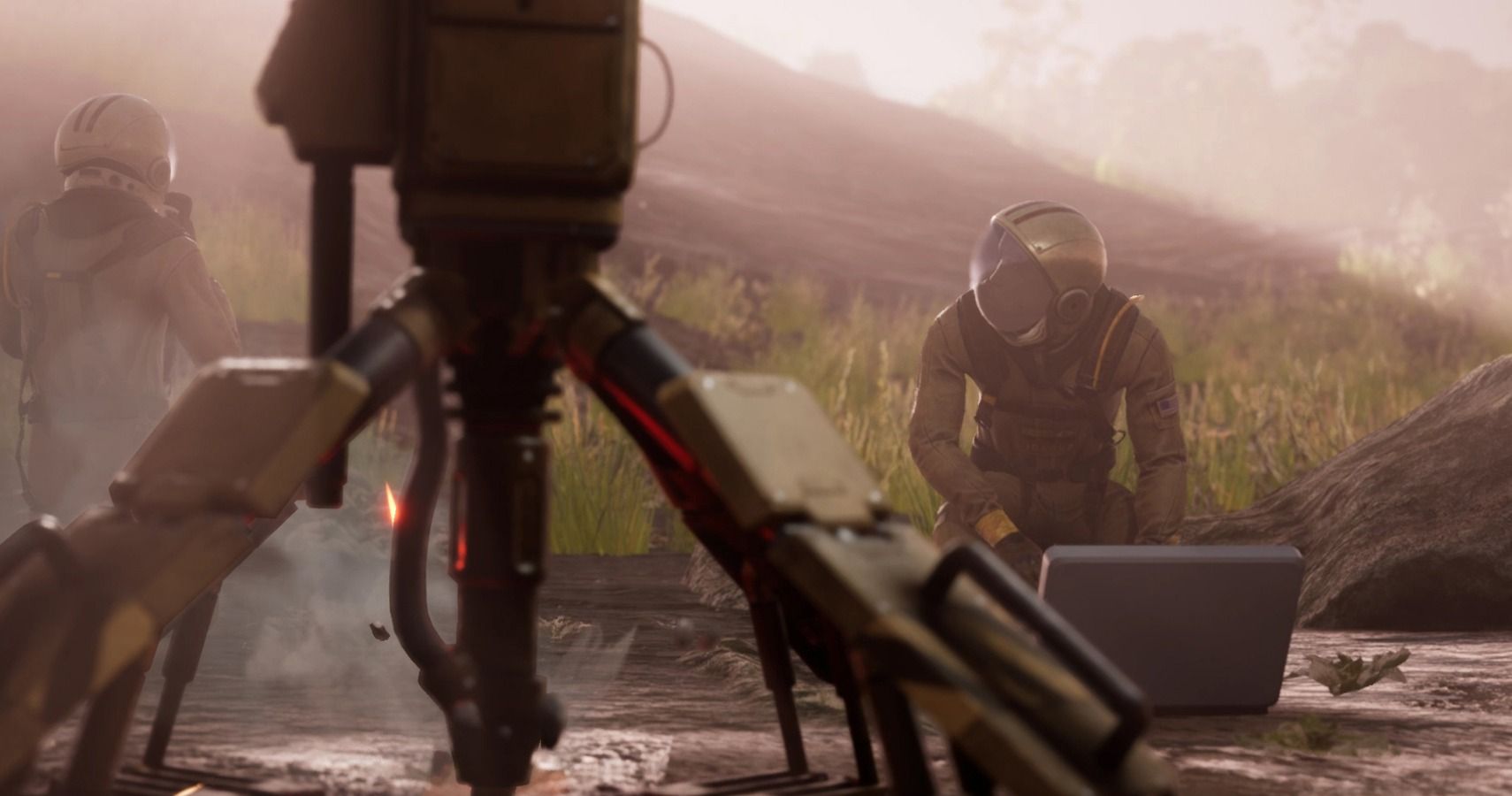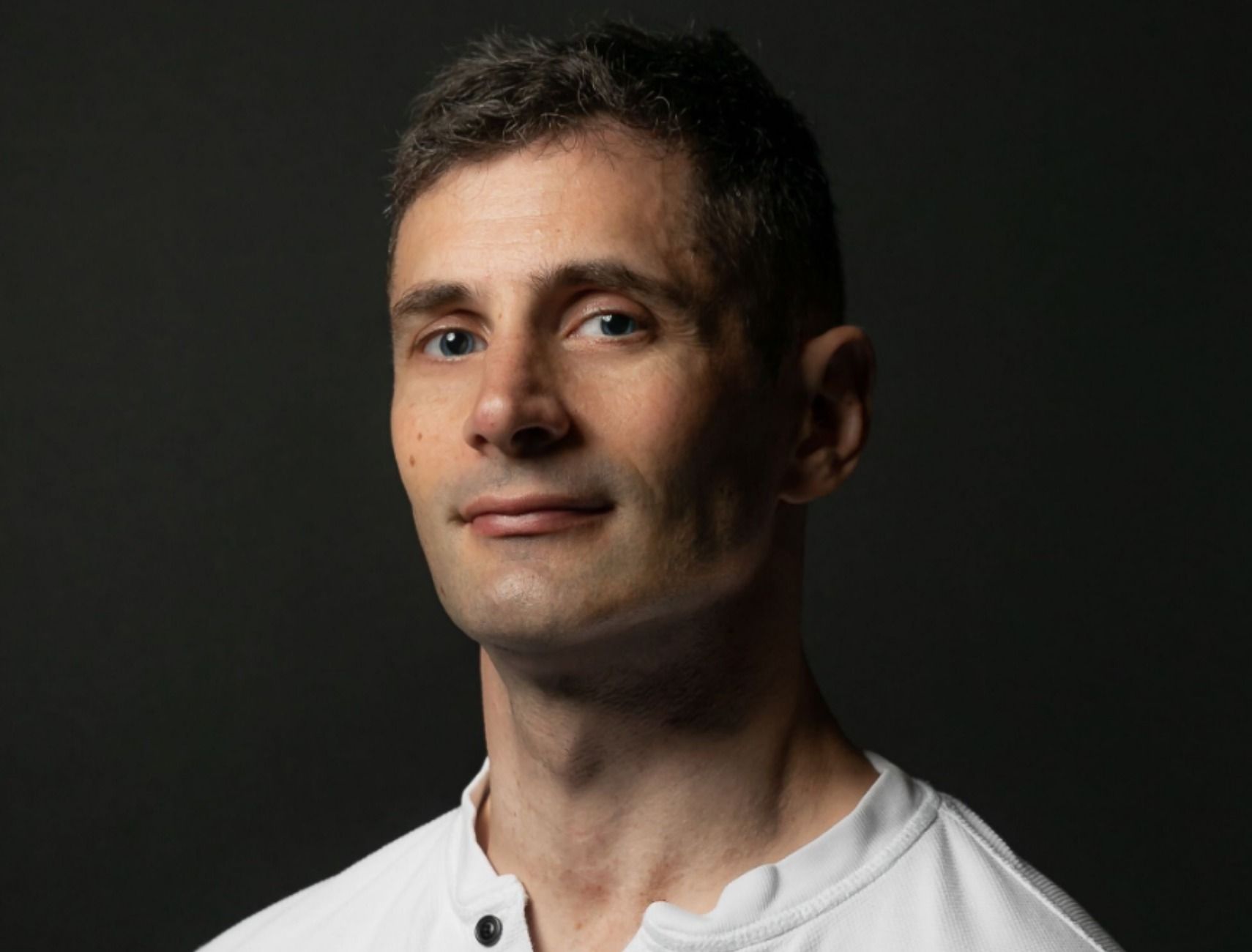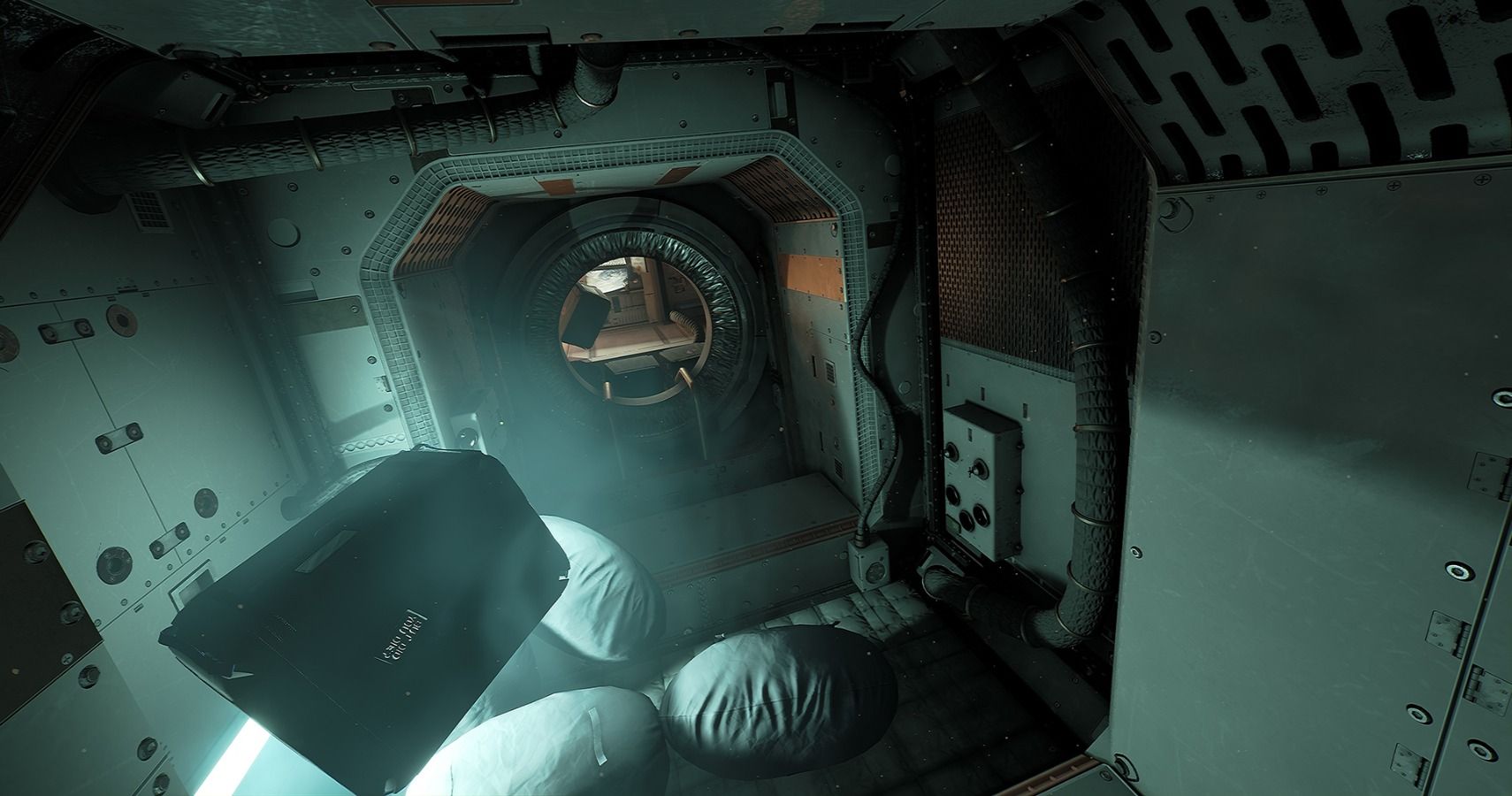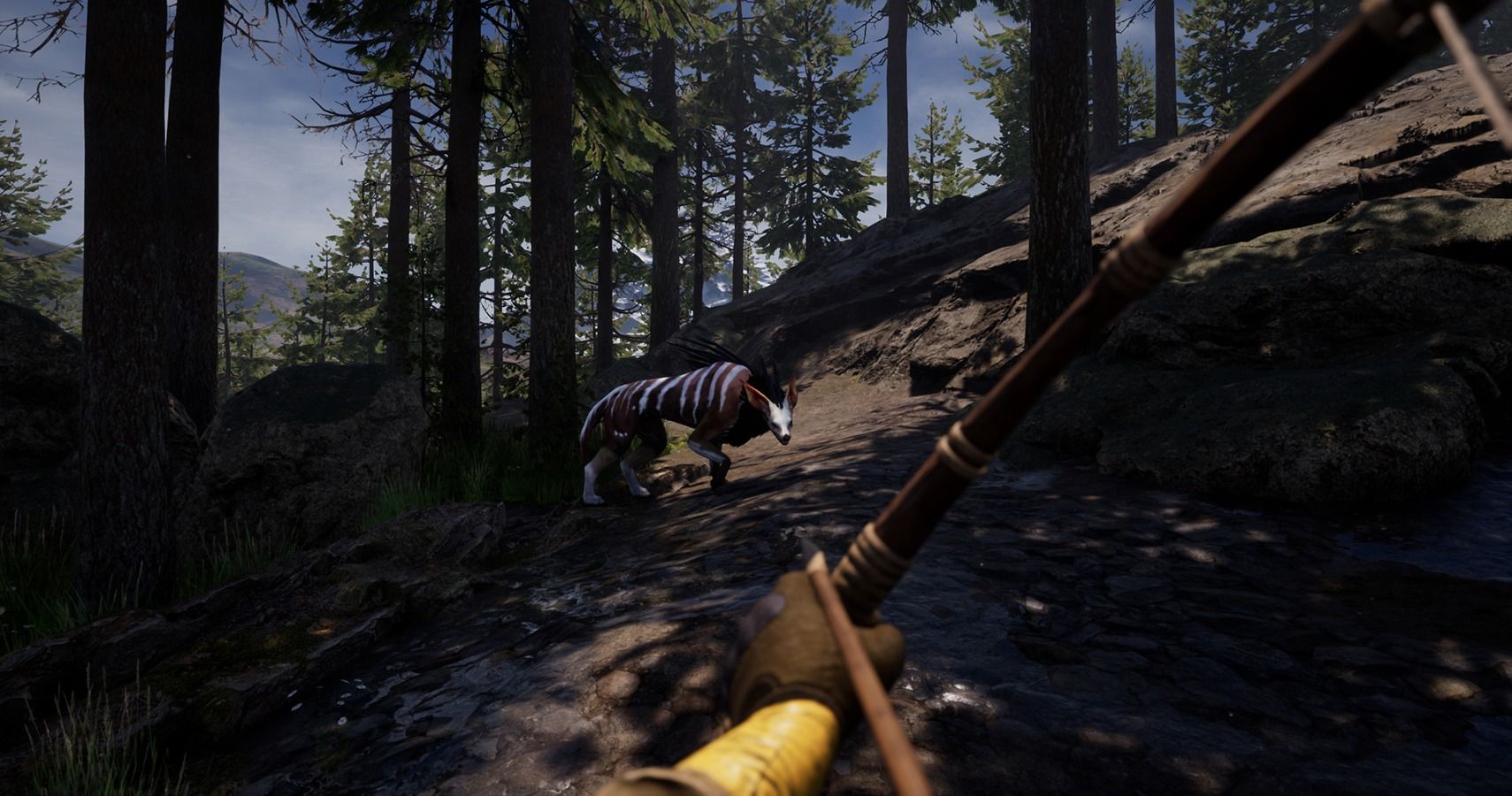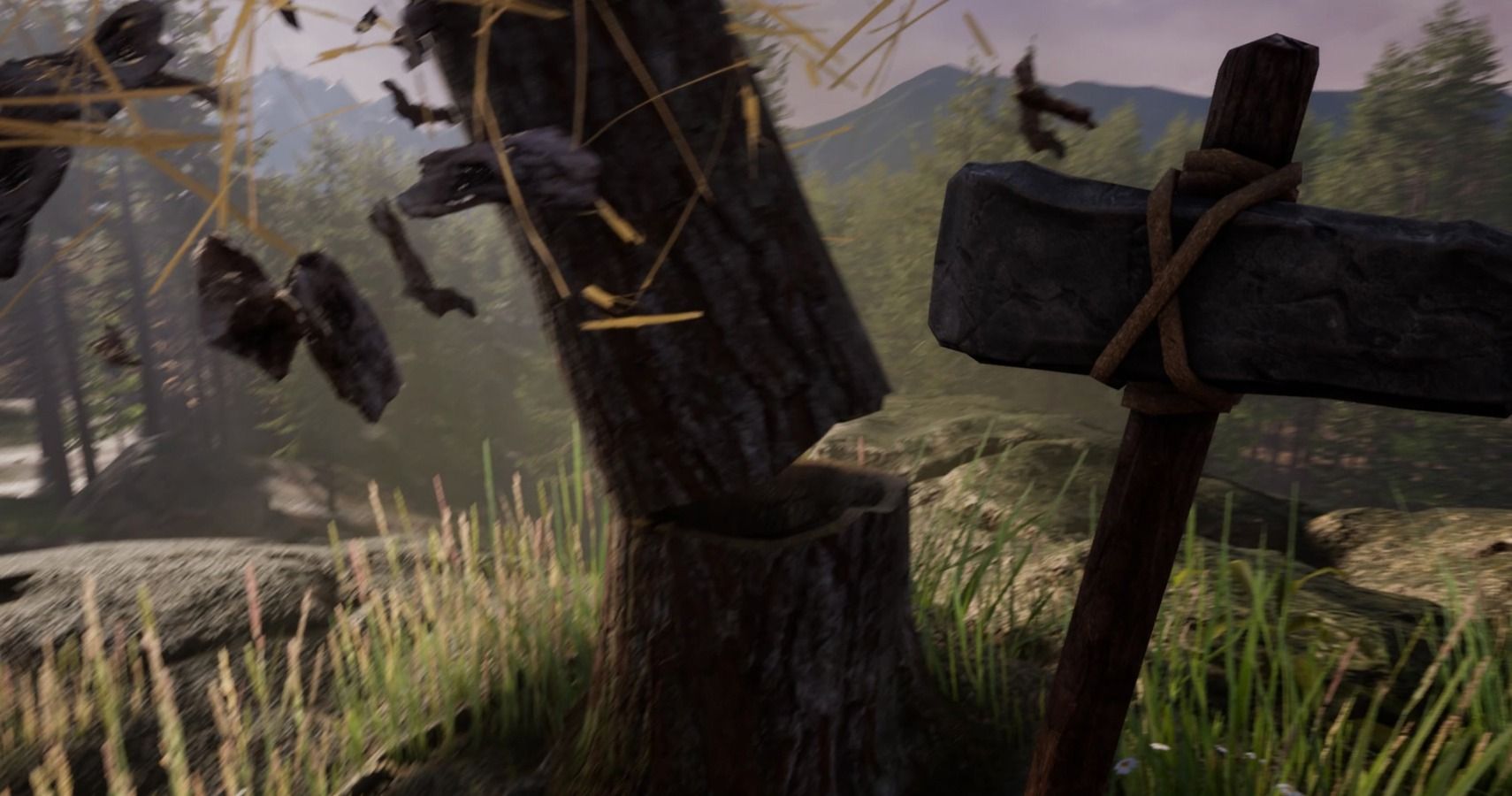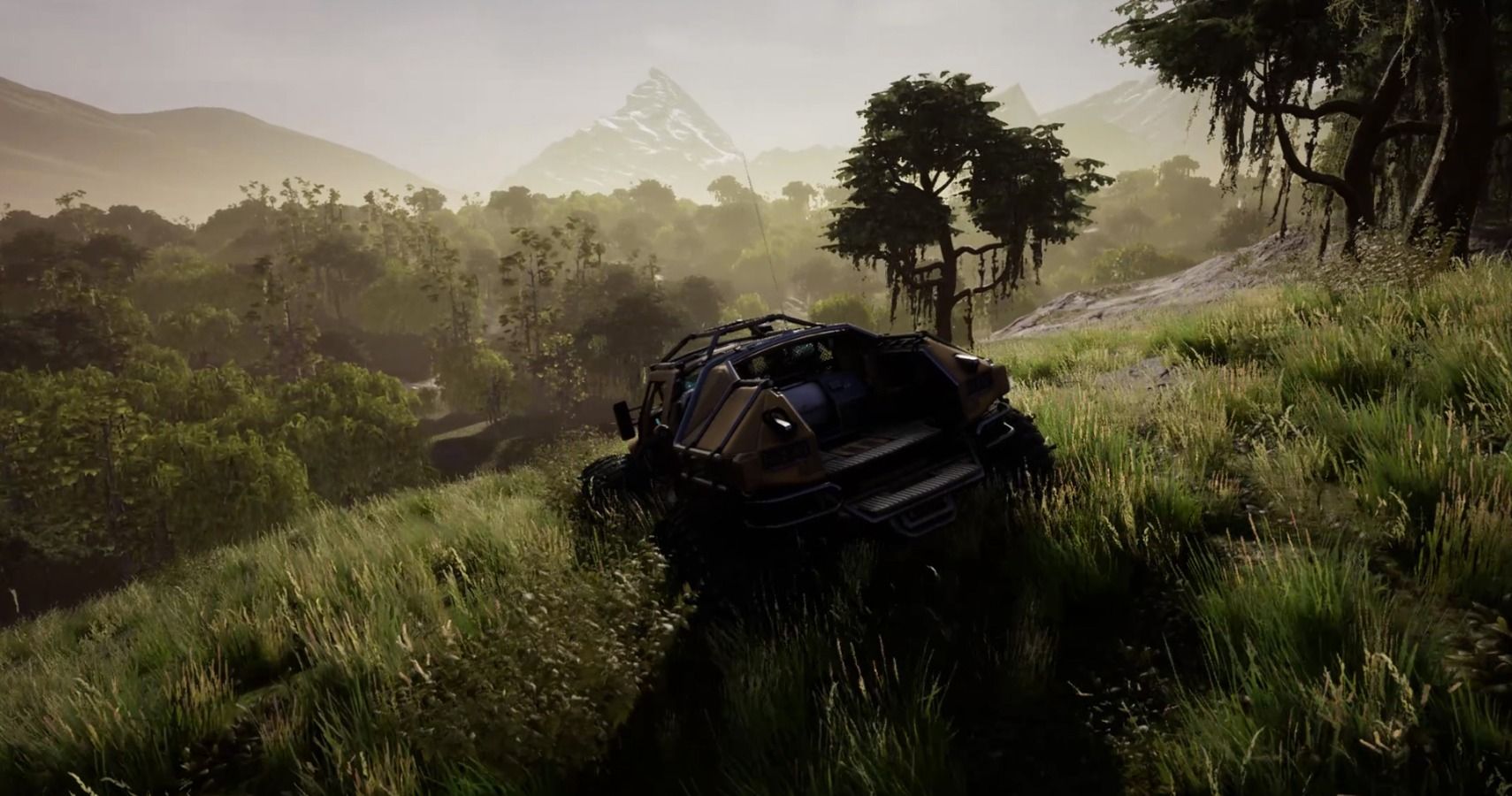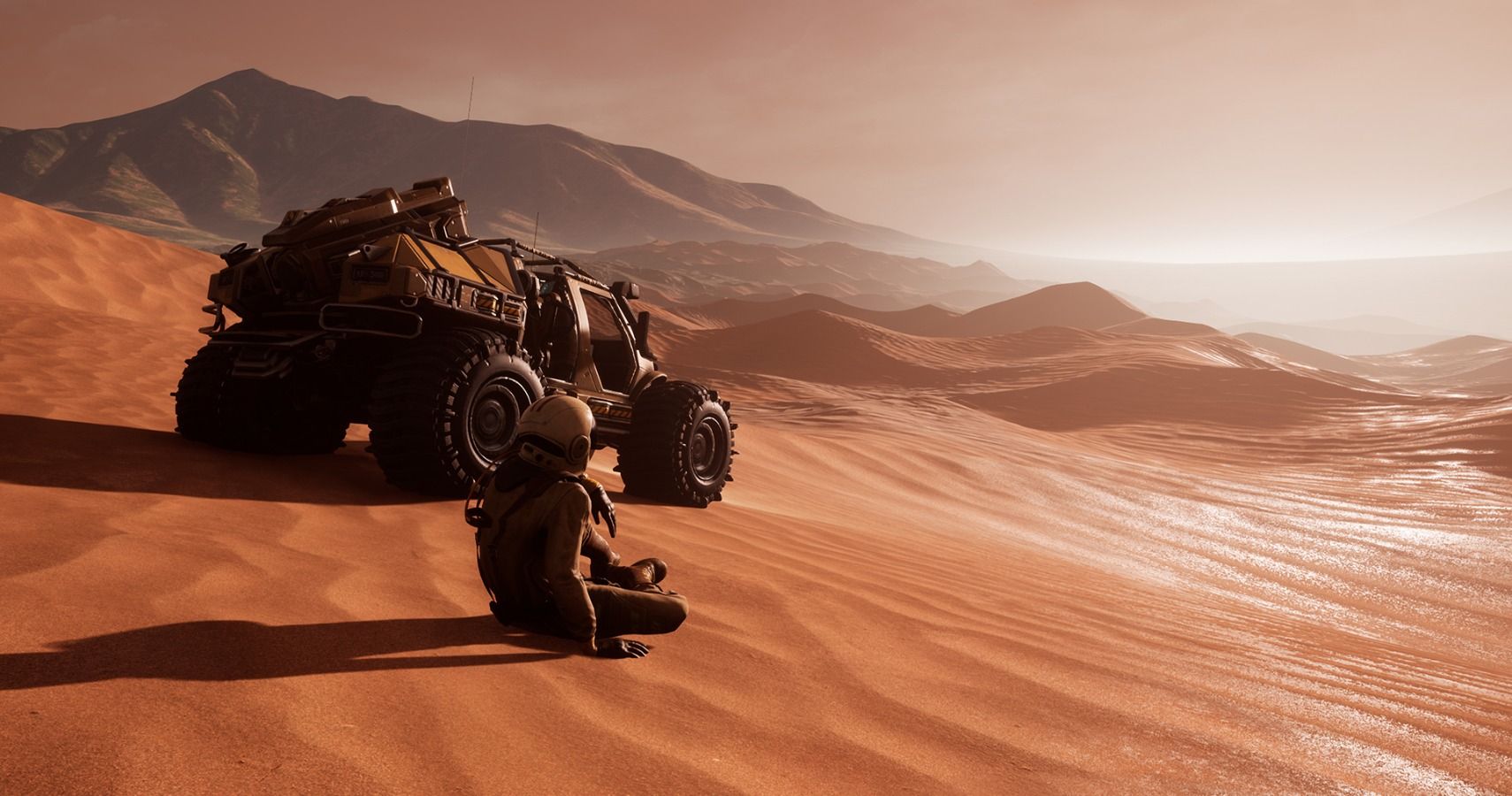Dean Hall was terrified. It wasn’t the first time and it wouldn’t be the last for the creator of DayZ, a former army officer who thinks scaling Mount Everest is an idyllic holiday activity. But this was a different kind of fear - the kind that makes death seem like a mercy.
At this point in his climbing career, Hall was more used to climbing ice than rock. So he teamed up with an experienced rock climber to scale Mount Darwin in New Zealand. The route his friend chose was the Lost Japanese Bolt Buttress, so named because a Japanese party placed a bolt ladder on the route that somehow vanished without a trace.
Hall was following his friend up a nice slope with a good crack to follow, but the higher they got, the dicier the climb became. Because Hall was following, it was his job to pull out the cams - climbing aids that attach to your harness - as he went along. “I started to get more and more scared,” Hall remembers. “It was very steep. We were running out of equipment.”
Sometimes cams are hard to remove, and the stress of the climb was making it more difficult. One cam in particular felt stuck, so Hall looked down at his hand grabbing the handle. It was slick with crimson, the skin removed from his knuckles to the point where he could see cartilage. Adrenaline overrode the pain.
“There was blood all over my hands,” Hall says. “We got a heap of the way up and we suddenly found this pile of old slings. And that's a bad sign. So you know, other people have got to this point and realized what had happened.”
What had happened was there was no route. Not anymore. It had collapsed. “It may be only four or five people that had attempted this climb in 20 years,” Hall explains. That’s why nobody ever found that bolt ladder - it disappeared along with the rest of the cliff.
“We did not have enough gear to abseil,” Hall says. “So we just put some rope around the rock and abseiled down a different route than we came up. This is nightmare fuel for a climber. This is how you're going to die. I remember being so scared that I was negotiating with myself. If I got any more scared, if it got any worse than what I just been through, I was just gonna cut the rope and just kill myself. And I was serious.
“I will never forget the feeling of getting to the bottom and standing on the ice. It was the sense of being glad to be alive. And that sentence doesn't do it justice. I don't think anything has been quite as terrifying - not Everest, not anything in the army, not plenty of near-death experiences.”
Hall was literally scared to death - a kind of fear so overwhelming that choosing the moment he died felt preferable to the threat of it.
“I think that is definitely the most terrifying [situation] I've been in,” Hall admits. “If it's just the environment, it's terrifying, but you can almost rationalise it. But when the thing you're fearful of comes from within you, it's so much more terrifying. I didn't like it and I’d never do anything like that again, if I can avoid it. I don't mind being scared. I like being scared. But not that kind of scared.”
Hall tells me this story between bites of homemade pizza - chicken, smoked paprika, chilli oil, capsicum, and homemade tomato paste, in case you’re wondering - almost as if we’re talking about the weather. And we kind of are.
We’re chatting about Icarus, the upcoming survival game from Hall’s team, RocketWerkz, which pits you and your friends against nature as you prospect an Earthlike alien planet for exotic materials. Icarus represents Hall’s dream of capturing an authentic survival experience, pushing the genre to the next level, though I think the team plans to stop short of making you want to die.
The secret ingredient isn’t chilli oil, of course - it’s session-based survival. Icarus creates co-op sessions for up to eight players and asks them to scavenge what they can within a time limit. If they make it back to the pods before that time is over, they escape with their goods and can use those goods to unlock new tech that makes subsequent runs easier, but without ever losing that thrill of the first few hours. Each time they leave, the world state resets. Like real survival situations, there’s no tipping point where you become the master of the environment and the challenge is lost.
“Really, the idea was, how do we recapture that first hour of Minecraft?” Hall explains. “So we settled on this idea of making session-based survival. By breaking into sessions, you have all those base survival mechanics - [hunger, oxygen, shelter, etc] - as well as the usual stuff like bleeding and all sorts of modifiers and buffs and debuffs. But we give you a way to sort of repeat it again and again and again. By sessionising it, it means we can throw things at the player that otherwise, we might not have been able to.”
One of these things is destruction. When a storm rolls up in Icarus, you better hope your shelter is fortified because a violent alien wind can rip a building apart. Icarus physically models its structures so anything you build needs to also be able to support its own weight, and you better hope that bridge you made can handle you driving a vehicle across it. If you cut down a tree near your base, there’s a chance the tree will smash through your structure, leaving a tree-shaped hole in your hard work. Working this way also helps RocketWerkz deal with what Hall considers two of the biggest issues with the survival game genre.
“The first one is, from a technical standpoint, if you build too much in many survival games, that game breaks, eventually,” Hall says. “And you know, server performance and all that kind of stuff. Sessionising it helps us address that, breaks the world and chunks, breaks what you're doing into chunks. And the second one is the progression breaking in terms of scale. So there's the game economy and your survival game - Minecraft or Ark. And after a while, they take you across that tipping point, and it's just not fun anymore, because you're not surviving. And that was really the mass driver behind sessionising.”
The biggest challenge with this approach, however, is that the game needs to make those initial footfalls onto a planet feel fresh each time. Rather than using procedural generation - Icarus opts for hand-crafted, tailored maps inspired by good level design in other genres - the hope is to make those early actions feel satisfying each time. Cutting down a tree needs to feel good, hence that dynamism and risk with a felled tree potentially becoming a thing you need to survive. The same goes for mining, building, and any other action the player is asked to repeat with each drop. This is something RocketWerks understands, and that’s why one of its development milestones is called “Woodcutting Simulator”.
“That's like, literally, how do we make cutting down trees feel awesome?” Hall says. If the team can make the mundane feel satisfying while wrapping it up in an intoxicating progression loop, it could potentially work. Hades is proof that repetition isn’t always a bad thing.
Hall cites Escape from Tarkov as an example of something similar in terms of structure. Tarkov takes the battle royale formula and gives it purpose. Icarus wants to be the Tarkov of survival games, and sessionising is key.
“Whenever I've gone on a Twitter rant, it's inevitably about survival games, which I love. And I pretty much love them all,” Hall tells me. “But I get really frustrated when those base mechanics aren't iterated on. And they tend to do that because gamers want content. So if we've made a normal survival game, we would have to put content typically at the end of the tech tree for a player and that brings to that problem we talked about before, but it also takes you away from going back and saying, ‘How can we make these base mechanics fun? How can we really make the sense of chopping down a tree enjoyable?’ It's not enough to just balance it. Balance is obviously very important, but it has to feel right.”
In Icarus, you can still unlock the means to make life easier in those early hours. Get a better axe via the tech tree - a persistent progression tree designed on the concept of “elastic failure”, inspired by a book from Tynan Sylvester, creator of RimWorld - and you can take that into your next drop. But if you miss the window to escape, all the equipment you took down will be lost along with your character, unless someone else in your session brings it back for you.
Punching trees has become a bit of a cliche in survival games, but that’s why we’re spending so much time talking about it. It’s as important as making shooting feel good in an FPS. Resource gathering is a key ingredient of the genre - a survival game without resources would be like Hall’s homemade pizza without the homemade base. Polishing that process up so it’s actually enjoyable and doesn’t feel like a chore isn’t something that’s been solved yet, and I hope Icarus manages it.
But why trees at all? This is a survival game about landing on an alien planet during a sci-fi gold rush - a setting that could allow for all sorts of weirdness. There’s a reason RocketWerkz is starting here, though, among the dirt and pines of a successful terraforming operation.
It’s easy to transfer a little fear into a survival game - you just need to give the player something to lose. It’s like gambling. The further you push on, the richer you can get, but the more crushing your defeat becomes if you fly too close to the sun. It might not be anywhere near the same level of fear as Hall hanging from a rope and contemplating his death, but it’s something. However, there are things that are much harder to replicate on a flat-screen.
Let’s go back to those alien storms. They’re deadly in the world of Icarus and your only hope is to seek shelter. Thrilling in real life, I’m sure. But waiting out a storm in a game? How do you transfer the feeling of being humbled by the elements into an experience you can’t feel?
“[This is] something I have pondered a lot,” Hall says. “Not this New Year's but the last one, I escaped to the South Pole. Don't do it. It's really boring. Seriously, it is just flat snow, and you just pull a sled. I was smart and took my EarPods with me and the boomers who were with me were laughing at me on the first day. By the seventh day they're not laughing at me because I had music. Anyway, I pondered this very question. And the conclusion I've come to is one that we wrapped into Icarus.
“When we started, we started out with trying these really alien environments. And what we found was, it's so unfamiliar, that you don't get that emotional hijacking that you get from say, you play DayZ, right, you recognise the plants, you recognise the weapons, you recognise the things you're eating and the things you're doing. And you get swept away in it, you suspend your disbelief, and you identify with your character and the game. And what that does is it starts to trick stuff on your brain, you recognise the trees, you understand that you need to drink and eat and all these other things. You're building huts that you recognize. And that starts to bring out an emotional reaction.”
DayZ didn’t originally have zombies at all. Hall conceptualised it as a survival simulator when he was in the army - something to train troops in the art of survivalism. He hopes that grounding Icarus in the same way - at least for the game’s first phase - works as an emotional trigger so they can suspend their disbelief.
“It would be [easy] to go out and make some bizarre animals or something to terrify you, but actually try to take the familiar and make that scary and terrifying - that has tremendous power,” Hall explains. “If you look at the movie Alien, which has been a big inspiration for the world that we've been creating here, it's truckers in space. There's something timelessly familiar about the start of Alien. The fact that you barely see the alien and how terrifying that is, and how terrifying the situation is that Ripley faces. It's all the more terrifying because you can imagine yourself in it. And that is, to me the secret answer to your question - we are creating a game that people could imagine themselves being in. Our job as game developers is to make you feel like you're there.
“One of the really cool parts of the project has been working with some insanely good artists. You know, many, many of whom came off big triple-A projects, like Cyberpunk and stuff like that, to hand-craft this beautiful world that really I think achieves a new level and survival games in terms of fidelity.”
It’s a lofty promise, but Hall doesn’t say it lightly. He’s aware of how some people see him after his departure from the standalone DayZ team. That project never ended up fulfilling all of its potential, but that hasn’t dampened the ambitions of the team at RocketWerkz. The irony of naming the game “Icarus”, a Greek myth about the dangers of hubris, also isn’t lost on him.
“Yeah, there's so many layers to naming the game Icarus, but I just love that,” Hall says when asked if he sees the irony. “If you're not living on the edge, you're taking up too much room, right? We're here. Not very long. There's so many games that I want to make, and I want them to be good. And I want to learn from each one. Overall, I'm proud of what we did on DayZ. Would I have done things differently? Absolutely. But I'm ten years older. I've learned a lot. And I've got to work with a lot of good people. Icarus is the evolution of that.
“I think that it's made me aware more than ever of how important the community is, as part of development. If you look at the best time with DayZ, it was the mod. Even my biggest critics, I think we agree on that. The best time was the mod. And really, what we've been trying to do is figure out how we can create a studio that would capture that, that would take that mod, and run with it, and still interface with the community.”
Hall, who once described himself as “a grenade”, is exemplary at getting people together - rallying the troops. Icarus has ex-Blizzard developers, the former creative director of DayZ, and plenty of other triple-A talent besides. If anyone can fireproof these wax wings, it’s the team he’s put together here. Once we climb beyond this overhang as we head towards the 2021 release date, we’ll find out what lies ahead: in one version of reality there’s a bolt ladder that will take the survival genre to the next level, and in the other, the cliff has fallen completely away.
To find out which it is, RocketWerkz is streaming Icarus gameplay on April 8 at 5pm PST.

